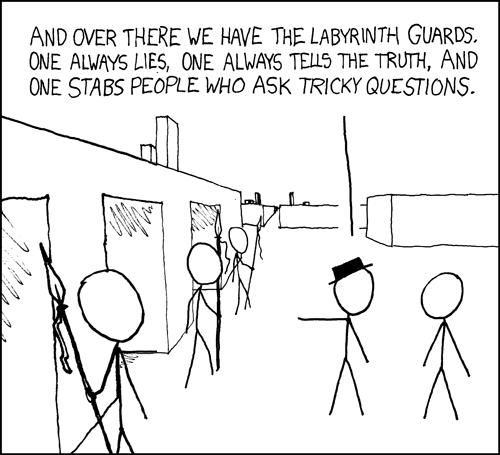Can introverts be project managers
Introverted Project Manager? 13 Must-Know Tips For Introverted Managers
Are you an introverted Project Manager? Being an introverted person comes with a unique set of challenges when working with others, and managing projects as introvert is no exception. However, not all hope is lost. In fact, introverts can learn to become great project manager, leaders and even elite-level professionals. Let’s dive in to the details of being introverted, and how one can be successful managing projects as an introvert!
I am an introverted project manager. After a day of non-stop meetings, phone calls and emails, I am exhausted. I have a constant stream of thoughts running through my mind, and they get more of my attention than they probably deserve. Almost never do I have a meeting that I’m not stressing over, or at least thinking about, in the hours and minutes prior to the start. I am hyperaware of myself and others, and I can sense when others are feeling negative emotions, dealing with frustration or misunderstanding each other – these things are draining for me.
However, I feel great after time alone. Whether it be exercising, reading or something similar, I feel I can finally ‘let go’ when spending some time by myself. It’s as if weight is lifted off my shoulders when the day is finally done, and the phone won’t ring until tomorrow. I don’t mind spending time with others socially, but am just as happy working on my own projects and just chilling all weekend long.
Does this sound like you?
What Is An Introvert?
According to Merriam-Webster’s Dictionary, an introvert is “a reserved or shy person who enjoys spending time alone“. Introversion is defined as “the state of or tendency toward being wholly or predominantly concerned with and interested in one’s own mental life“.
People who are introverted typically become energized when alone, and expend energy when with others. They prefer small, close-knit social gatherings rather than crowded dance floors. They prefer to get their work ‘slid under the door’, rather than constantly working with other people.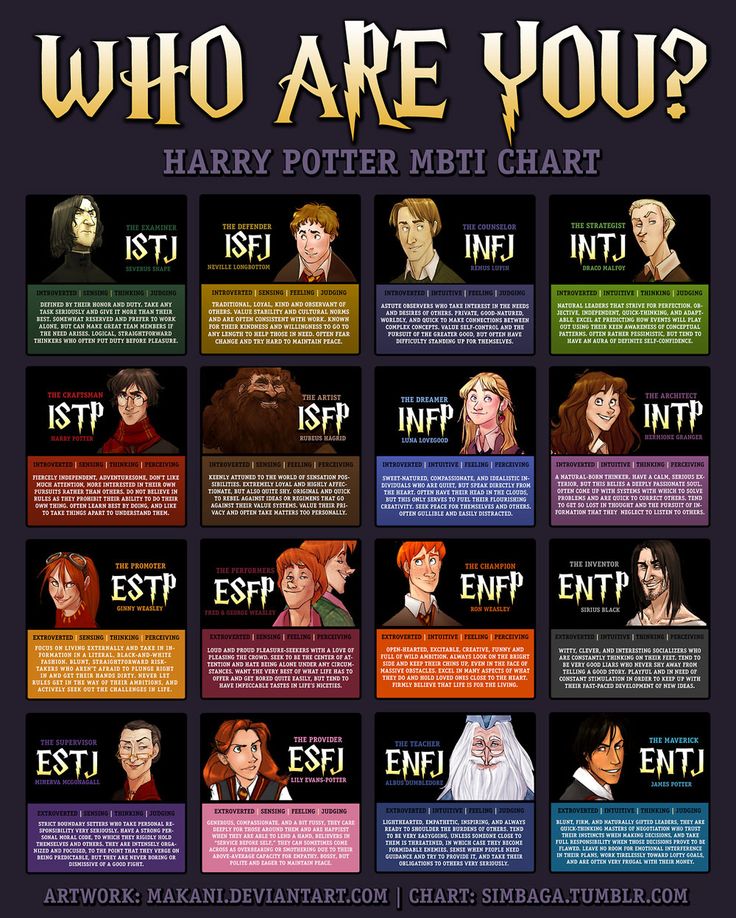
I don’t mean to contradict Merriam-Webster’s Dictionary, but I will point out one thing. An introvert isn’t necessarily shy. In fact, they may be the life of the party. This is because introverts can still have vibrant senses of humor, have interest in others and even feel outgoing in certain environments.
The difference though, is they’ll be totally fatigued after doing so, and may choose to avoid being social for a while afterwards.
Does this all sound strange and irrational? Being an introvert is difficult to understand unless you are one. However, we introverts aren’t off the hook – we live in a society, have family to care for and people who care about us – most of us can’t just be alone 24/7.
Why Do Introverts Struggle With Project Management?
At face value, project management may seem like the perfectly wrong career path for an introverted person. And without the ability to manage one’s own mental state, it is! Managing projects as an introvert is problematic for the following reasons:
- Being the center of attention and the person with all the answers.
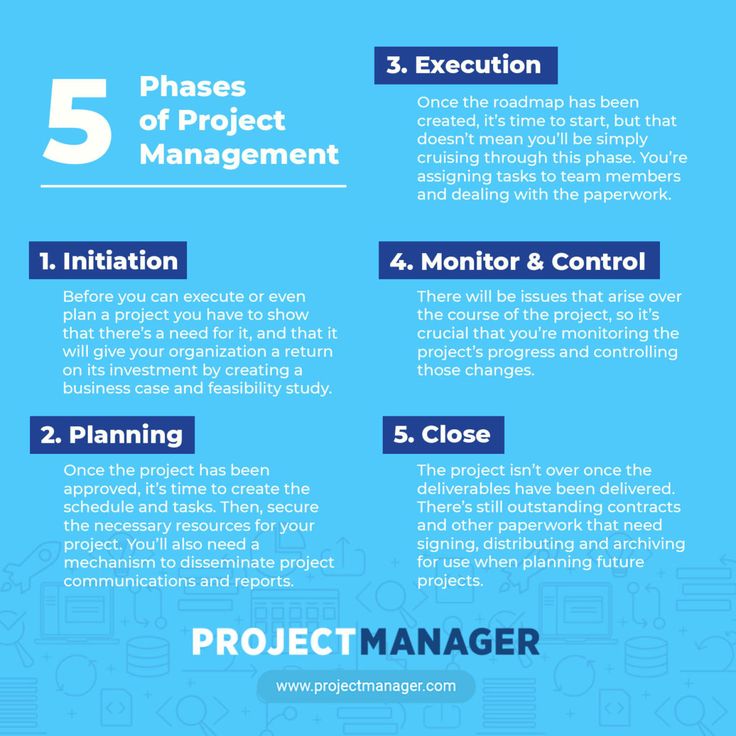 An introverted Project Manager can find this overwhelming.
An introverted Project Manager can find this overwhelming. - Constant interruptions by others drain introverts of their much-needed alone time.
- High pressure to perform and get things done on time is stressful for anyone, but ‘getting away from it all’ just isn’t possible during crunch time.
- The words of demanding clients and blunt bosses can stay inside the mind an introverted Project Manager more than for others.
- Working closely with other people can be taxing.
- Having to confront others when they’re late, wrong or underperforming can be scary.
- Long hours may restrict alone time, during which essential recharging takes place.
So what’s an introverted Project Manager to do?
Can An Introverted Person Ever Become An Extrovert?
Good news and bad news.
The bad news? If you’re born an introvert, you’ll probably always be one – at least in regards to your energy levels; both what drains you and recharges you, your inner thoughts and enjoying your alone time.
The good news? It doesn’t matter. According to the article, the simple desire to change may be enough to make huge strides towards extroversion.
It is important to note, however, that becoming less introverted almost ALWAYS includes stepping out of your comfort zone! Fear not though, because this is a measured and calculated process.
Becoming more extroverted involves tackling one area of your personality at a time: your ability to communicate clearly and effectively, setting boundaries, being organized and efficient, becoming more comfortable in front of others and managing stress levels are a few examples of specific areas introverts can improve to become a more extroverted person, and even enjoy the process.
Are There Any Famous Introverted Managers?
Yes! There are many famous introverts. Check out the list below of several famous introverts, who have all gone on to be extremely successful in their respective industries:
In business: you may be surprised to learn that Warren Buffet, Elon Musk and Bill Gates are known introverts.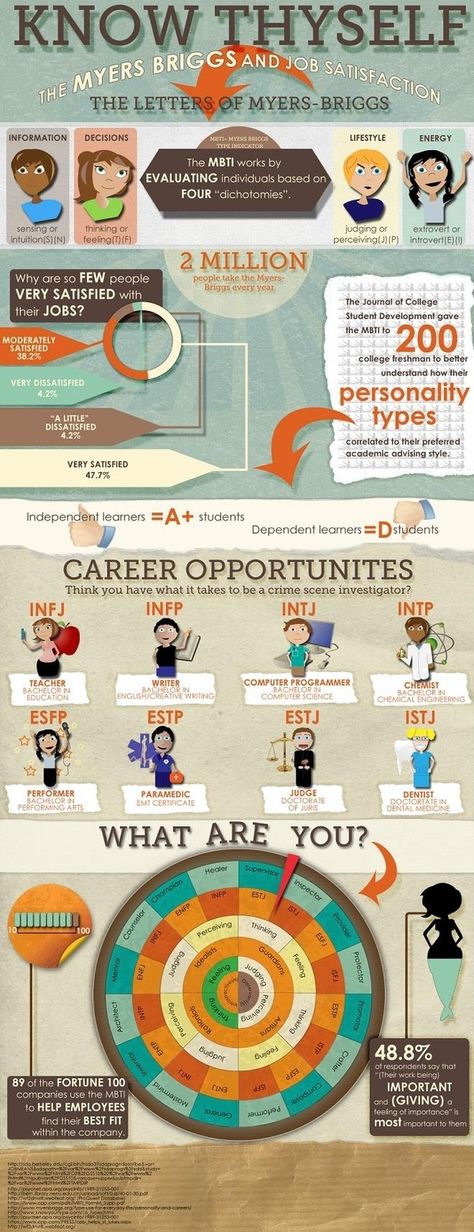 These men are some of the most successful business people of all time.
These men are some of the most successful business people of all time.
In sports: superstars like Michael Jordan, Tiger Woods and Kobe Bryant are all introverted.
In Socio-Political Realms: you probably recognize figures such as Rosa Parks, Eleanor Roosevelt, Abe Lincoln, Winston Churchill and Gandhi. All introverts.
In Entertainment: high-profile entertainers such as Meryl Streep, Emma Watson, Audrey Hepburn and Angelina Jolie fall into the introvert category.
Check out this list for even more names of famous introverts.
13 Essential Tips For An Introverted Project Manager
It’s not exactly easy being an introverted manager but as we said above, it’s entirely possible to reach whatever goal you have for yourself without changing yourself completely. Here is a list of 13 essential tips we can use while managing projects as an introvert.
- Reserve alone time at work to get your own tasks done without interruption.
 I prefer to front-load my day by coordinating with others in the morning, and doing my own work in the afternoon.
I prefer to front-load my day by coordinating with others in the morning, and doing my own work in the afternoon. - Get to work early. Even an extra 30-60 minutes of quiet time in the morning will help you get organized, plan and not feel like you’re reacting to everything.
- Learn to listen to what others are saying. The easiest way to do this is to ask them questions. This will gain people’s trust, move things along and allow you to steer a conversation without forcing it.
- When you’re anxious, ask yourself “why?”. We may not have the choice to feel anxiety, but we do have the right to ask questions! Often, it’s based on a silly reason, such as fear others will think we’re stupid, or tell us so, which leads us to…
- Other people’s opinions are not in our control. Just accept it, it’s more fun that way. Besides…
- Other people have their own insecurities, worries and problems to worry about! They don’t have time to worry about that one thing you said during a meeting, and that you’re worried they’ll think you’re ___________.
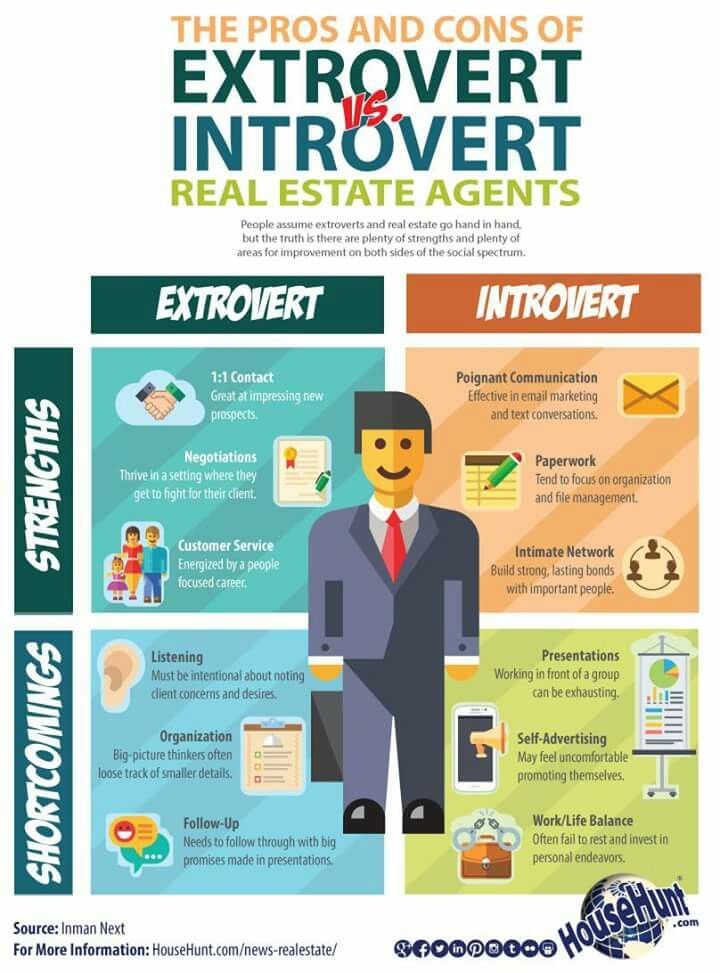 And even if they did, it’d be for a moment, and they’d move on.
And even if they did, it’d be for a moment, and they’d move on. - Focus on milestones and objectives, and let them dictate the next steps. Whether the objective is the outcome of a meeting, hitting a due date or even just a conversation with someone, milestones and objectives are your navigational beacons.
- Stick to the rules. If you’re hesitant when confronting others, it will make you feel more at ease when you are enforcing rules and requirements, rather than feeling like you are personally confronting someone.
- Learn to be assertive, without being aggressive. Calmly stating your opinion, objectively calling someone out when they’re wrong without insult and clearly communicating deadlines or requirements are all ways that make managing projects as an introvert much easier.
- Have good processes in place. Setting projects up the right way from the beginning will minimize those periods of insanity that are quite draining.
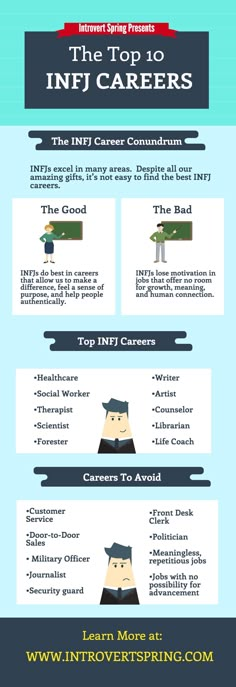 This includes procedures, regular meetings, deadlines, etc.
This includes procedures, regular meetings, deadlines, etc. - Realize that other people aren’t always right – the person who speaks the loudest simply WANTS to be right, which doesn’t mean anything.
- Take the pressure off yourself to be perfect. No one is.
- Learn how to relax after work, and actually do it. No one will care about your personal well-being more than you.
Being An Introverted Project Manager In Summary
Managing projects as an introvert is not easy. As you can see, us introverts start the project management game with a few major disadvantages. But thankfully, obstacles associated with being an introvert can be overcome, and introverted people can reach an elite level in nearly any field by practicing a few simple things.
I hope this article has been helpful for you. Now get out there an be a top-tier project manager that just happens to be an introvert!
4 Reasons Why Introverts Make Great Project Managers
Natasha Kasimtseva, MS, PMP, CSM
Natasha Kasimtseva, MS, PMP, CSM
Team Supporter.
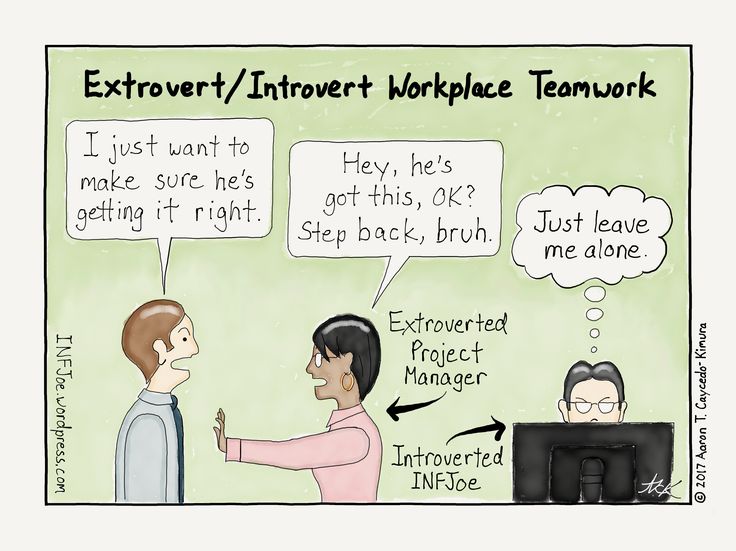 Strategy Enabler. Project Manager. Educator.
Strategy Enabler. Project Manager. Educator. Published Jul 16, 2021
+ Follow
Project managers balance a variety of activities: planning and problem solving, leading the team, resolving conflicts and communicating, communicating, and communicating. Very often this role is associated with meetings, meetings, meetings, which for someone with an introverted personality might seem overwhelming and draining. On the flip-side, hiring managers might assume that outgoing extroverted candidates might be a better fit for the project management roles, due to their strong, loud presence.
Does that mean that the profession of a project manager is reserved for extroverts? Not at all! Before we go further, I must say, I am quite introverted— I recharge by being alone, taking walks in nature or spending time in a small group of close friends. I love my alone time, but I also love people. Throughout my career I met brilliant project managers who identify as introverts and who are very happy and successful in their profession.
In her course - Managing Introverts - Jenny Blake talks about four introvert superpowers that I think translate into a lot value for project managers:
- Contemplation. The power of contemplation enables us to do deep creative thinking. As project managers, we lean into this skill when we analyze the complexities of the project, from organizational environment and team dynamics to the smallest project risk. Contemplation prevents us from making hurried uninformed decisions, we weigh in all the factors carefully and mindfully, knowing that the project success factors have a lot of dependencies and it’s always important to consider the overall impact.
- Deep conversions. Project managers rarely have formal authority, that is when your project team reports directly to you in the organizational structure. Therefore, we lead without formal authority, relying on trust, rapport and relationships. Trust is built through connection, open conversations and actions.
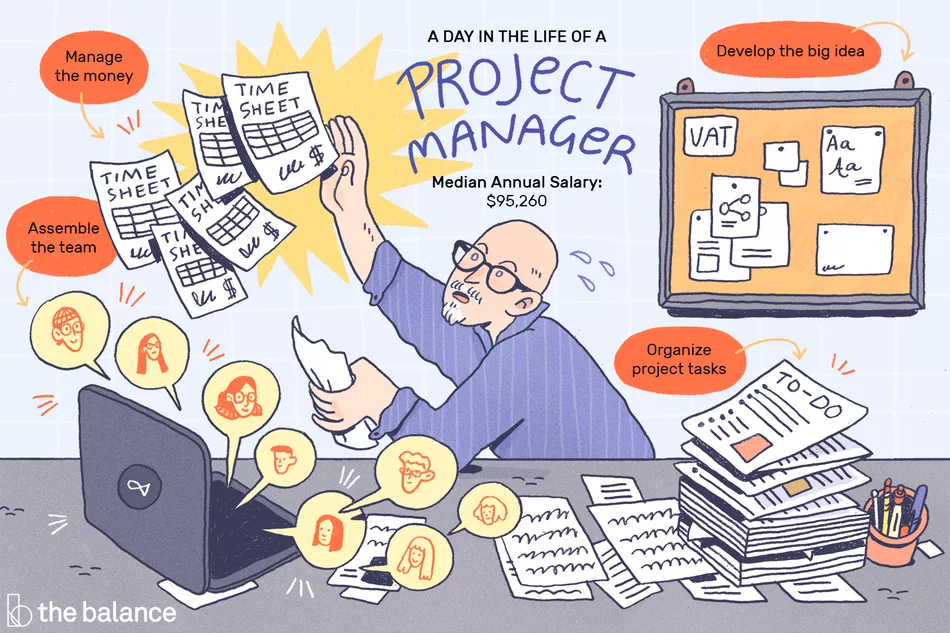 It is very difficult to build the necessary level of connectedness without having deep conversations with your team members and stakeholders about their needs, pain points, concerns and reservations. In my course Managing Project Stakeholders I talk about the importance of supportive leadership for project success.
It is very difficult to build the necessary level of connectedness without having deep conversations with your team members and stakeholders about their needs, pain points, concerns and reservations. In my course Managing Project Stakeholders I talk about the importance of supportive leadership for project success. - Independence. Project managers have to be self-starters and lead the team and the project with limited instruction and guidance. To clarify, you would have direction from your executive sponsor or sponsor board, and probably some guidance from the Project Management Office if you have one; however, it is up to you and your project team to deliver results. This appetite for independence also translates well into remote work environments and managing distributed teams. Being effective at working remotely and at managing dispersed teams are two skills that are in highest demand nowadays.
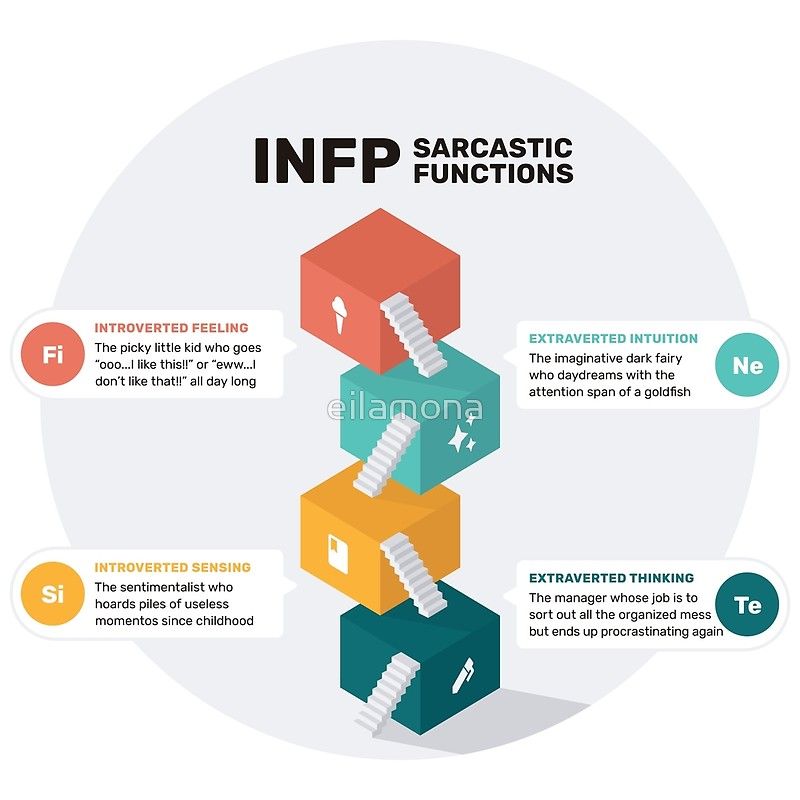
- Less is more communication. Project managers usually spend 90% of their time communicating. In this case “less is more” implies that it is better to communicate a well-thought through message, then oversaturate your team with unnecessary or untimely information and confusing details. “Less is more” approach also encourages project managers to be strategic with planning and carrying out their communications.
Simple things, like posting the agenda for the meeting and providing the team members enough time to prepare or share their feedback prior to the meeting, will ensure that team members who are less likely to speak up during the meeting still have an opportunity to share their insight.
Introversion and extraversion are not absolute measures of professional success. These traits exist in a spectrum and they influence how we approach certain work tasks.
How do your personality traits influence your career and management styles? Please share in the comment down below!
Lean and grow - check out:
✅ Managing Introverts by Jenny Blake
✅ Leading Remote Projects and Virtual Teams by Cyndi Snyder Dionisio
✅ My course - Managing Project Stakeholders by Natasha Kasimtseva
Your Project Doctor
2,294 followers
+ Subscribe
-
Humanity of Work: What To Do If You Lost Your Job
Jan 29, 2022
-
Humanity of Work: A Tale of Work-Life Balance
Jan 21, 2022
-
What’s the “P” in Your PMO?
Oct 24, 2021
-
Your Roadmap to a Successful Project Team
Oct 17, 2021
-
I’m a Project Manager & I’m Burned Out
Oct 9, 2021
-
Does Micromanaging Ever Work?
Sep 18, 2021
-
What Is a Project Charter & Why Should You Care?
Sep 11, 2021
-
9 Ways to Improve Your Meetings
Sep 3, 2021
-
Agile PMO: Myth or Reality?
Aug 27, 2021
-
You Should Care About Your Project Stakeholders & Here Is Why
Aug 20, 2021
Others also viewed
Explore topics
Extroverts and introverts: who is the best leader?
Some people are always in sight, open and sociable, subtly feel the moods of other people and can find a common language even with a lamppost. Others are reserved and shy. Some are burning with crazy ideas and are ready to risk everything for them. Others calculate every step, fighting with religious zeal for control and order. The first are those whom the German psychologist Carl Gustav Jung called extroverts in 1920. The second are introverts, their antipodes. In what areas of business can representatives of these two psychological types perform best? And which of them is more likely to become a good leader? nine0003 Executive.ru asked these questions to HR management experts.
Others are reserved and shy. Some are burning with crazy ideas and are ready to risk everything for them. Others calculate every step, fighting with religious zeal for control and order. The first are those whom the German psychologist Carl Gustav Jung called extroverts in 1920. The second are introverts, their antipodes. In what areas of business can representatives of these two psychological types perform best? And which of them is more likely to become a good leader? nine0003 Executive.ru asked these questions to HR management experts.
One is communications. Others - analysis
Let's start with the fact that there are no pure psychotypes described by Jung among us. Most people are ambiverts, meaning they are average on the introversion/extroversion scale. “In addition, both an extrovert and an introvert can be an effective leader,” points out Victoria Filippova, partner at the headhunting company Cornerstone . People change as their personality develops. Even a natural introvert develops communication skills over time, and from the outside, few people will see him as a representative of a non-communicative psychotype. However, despite the caution against oversimplifying human nature, experts agree that outgoing extroverts are ideal for certain business functions, while focused introverts are better suited for others.
Even a natural introvert develops communication skills over time, and from the outside, few people will see him as a representative of a non-communicative psychotype. However, despite the caution against oversimplifying human nature, experts agree that outgoing extroverts are ideal for certain business functions, while focused introverts are better suited for others.
Extroverts are best used in the field of communications, as well as for solving problems where you need to negotiate or simplify difficult situations. This may be a job related to teaching other people or selling. People with pronounced extroverted inclinations are strong in developing client relationships, establishing contacts in HR and GR. Their activity helps to achieve success in launching new projects and bringing the company to new markets. nine0007
It is useful to involve introverts (and among world famous leaders such 40%) in serious analytical work and in-depth study of issues. Such a person is good at scrupulous work: budgeting, planning, writing regulations and developing business processes.
“Roughly speaking, we can formulate the following idea: planning and control are more effective for introverts, and extroverts win in organizing work and motivating employees, which is associated with a large amount of communication,” sums up the managing director Rational Grain Recruitment Agency Olga Stepanova . But both functions are important for successful management. What if in one person all the necessary qualities are not combined? Stepanova gives the example of a large company, which was headed by a director with pronounced introvert qualities. Then a HR director was hired to help him - a strong extrovert, among whose tasks was to compensate for the shortcomings of an unsmiling boss. In general, the HR director did a good job.
Another company that Stepanova observed while recruiting a key account director selected two final candidates. Each had an impressive experience, but in character they were two typical opposites. As a result, both were invited to work. A bright extrovert communicator became the director of the department. And his deputy was appointed an introvert-analyst, an expert with good intuition, reliable and without a love of publicity. The tandem is just amazing! nine0007
A bright extrovert communicator became the director of the department. And his deputy was appointed an introvert-analyst, an expert with good intuition, reliable and without a love of publicity. The tandem is just amazing! nine0007
At the same time, the difference between an introvert and an extrovert is not only in external behavior, but in how he gets "recharged", adds Victoria Filippova. For an introvert, it is important to stay alone and put your thoughts in order. For an extrovert, this is not necessary, he rests when there are a lot of people around. “When communicating with representatives of a sociable psychotype, we try to call more often, find informational reasons for discussion, and, of course, get more feedback from them,” says a consultant for a headhunting company Contact Agency Anna Grebenkova . — And our introvert customers prefer to contact by mail: briefly, concisely, to the point. Working with them, we place emphasis on a clear scheme of interaction.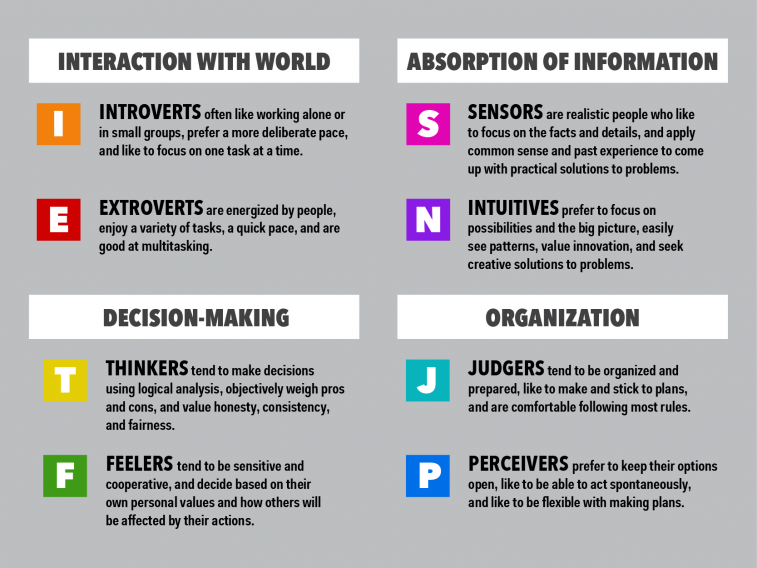 ”
”
Between Abramovich and Tinkov
So, in what positions are representatives of different types most effective? Extroverts make excellent directors of development, directors of personnel, heads of PR and internal communications, heads of training centers. Among accountants, heads of analytical departments, laboratories, IT departments, it is introverts that are more common. nine0007
But the psychotype itself does not determine the predisposition to leadership work. To become a strong leader, you need something else: leadership, the desire to set ambitious goals, and the ability to implement them together with your team. If this is not the case, situations similar to the one described by Anna Grebenkova are possible. One day, she was approached by the head of the analytics department of a large digital company, who wished to go down a step in his career. Managerial duties burdened this specialist, did not allow him to develop his technical expertise. As a result, with the help of the agency, he moved to another place as a lead analyst. nine0007
nine0007
The fact that leadership and success are not related to psychotypes confirms entrepreneurship. A typical introvert can definitely be called Roman Abramovich , and an extrovert Oleg Tinkov . And everyone has excelled in their field. “The owner of the Faberlic cosmetics company Alexey Nechaev is an introvert, and the owner of the Monet salon chain Alexander Glushkov is an extrovert, or behaves like an extrovert. But both of them are successful people - the founder of the corporation of recruitment agencies names two more names Business Connection Ilgiz Valinurov . As they say, the best entrepreneurs are introverts who behave like extroverts. At the same time, an introvert leader is successful in the long term, while extroverts can make both quick successes and fatal mistakes for business.
An example of a career according to the latest scenario is the fate of Sergey Polonsky , who created the company Mirax Group from scratch, which was one of the five largest developers in Russia.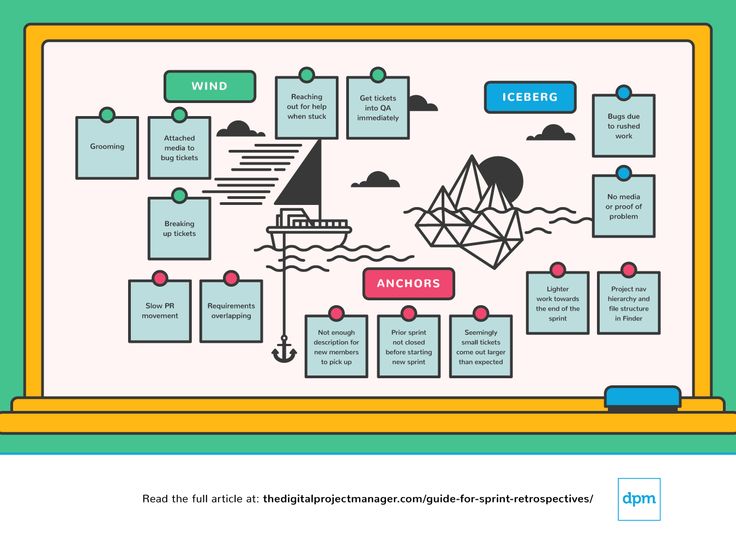 But fantastic ambitions and eccentric behavior played a cruel joke on the entrepreneur. He did not cope with the crisis of 2008-2009years, lost business, earned fraud charges and was under investigation.
But fantastic ambitions and eccentric behavior played a cruel joke on the entrepreneur. He did not cope with the crisis of 2008-2009years, lost business, earned fraud charges and was under investigation.
Strength and weakness of leaders of two psychotypes
| Extroverts | Introverts | |
| Strengths | Openness Dialogue ability Communication skills Activity | nine0056 |
| Weaknesses | Superficial communication Heightened emotionality Risk appetite (sometimes excessive) | Closed Feedback problems Failure to delegate Anxiety Uncertainty nine0057 |
Photo: pixabay.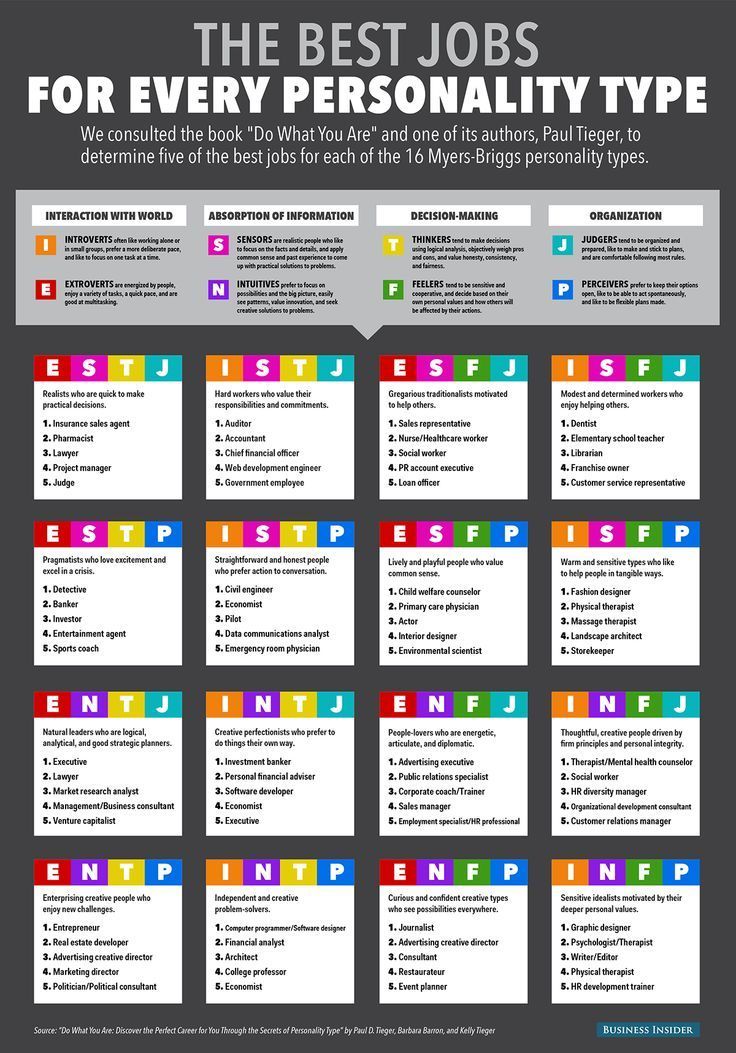 com
com
Business is psychology: Psychological coordinates of the life of a modern business person
Alpina Publisher 2015
Marina Melia
Introvert leader: How to succeed in a society dominated by extroverts
Alpina Publisher 2014
Jennifer Kahnweiler
How to be a good boss if you are an introvert
Career and self-realization
Introverts are being talked about more and more in the context of leadership. We gradually become aware of their presence among the leaders. Nevertheless, the bulk of the literature written on the topic of leadership is devoted to extroverted managers. In our study, we interviewed more than 300 senior executives, and more than 30% turned out to be introverts. Among middle and lower managers, the number approaches 50.
How introverts lead influences the success of companies. Let's look at 3 ways they can be successful managers of their extroverted subordinates.
1. Extroverts should be valued. Characteristics are important to consider as their significant advantages, not disadvantages. There is a saying in business: “We don’t value what we don’t have.” Yes, these workers can sometimes get carried away with work and create too tense atmosphere in the team.
After being alone for a long time, extroverts need stimulation, otherwise they fall into a kind of lethargy
But they can also make a significant contribution to the work, if the manager treats them with attention, approaches tasks creatively, and does not dampen their enthusiasm. The first step to working with them is to see them as valuable team members with their own skills and abilities.
2. Extroverts should be allowed to socialize so that they can relax. Consideration should be given to the need for introverts to take an extraverted approach during work breaks. The scientific literature has noted that pauses allow introverts to use their main advantages: the ability to think and analyze.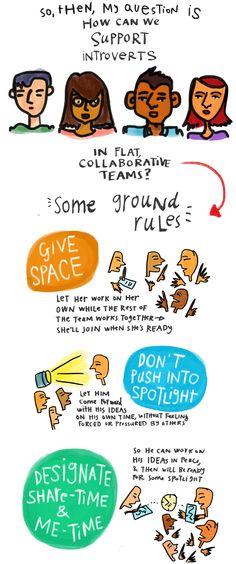 nine0007
nine0007
Extroverts also need respite, but they have a different character. After being alone for a long time, these workers need stimulation, otherwise they fall into a kind of lethargy. So they head to the cafeteria for a dose of caffeine and for conversations and jokes, which allows them to "recharge their batteries."
Thanks to this, extroverts can be good managers and leaders: their interlocutors share a lot with them. The ability to listen carefully to your interlocutor is considered one of the traditional advantages. nine0007
3. Extroverts need to be given feedback, not just listen. They are impressed by greater emotional contact with listeners and interlocutors. Whether it's during a joke or a story, a meeting or a slide presentation, introverts must effectively respond to the energy of such workers and listen.
If introverted managers follow these tips, in addition to success, they will earn the gratitude of extroverted employees.During speech, extroverts are excited, excited by the speech and the subject under discussion, therefore, they require feedback in the form of active participation in the conversation. If the listener remains calm, does not react and does not participate in the exchange of energy, this can be frustrating, he will think that his idea is not supported. nine0007
Introvert focuses on thinking about what is said to him, but this is not enough for guidance. Active participation is the key to success. When an extrovert listens to another extrovert, they nod, lean forward, smile, or frown. He may not agree, but is fully involved in the exchange of information.
You probably have co-workers who behave like this and they may seem to be overdoing it. But extroverts feed on the energy generated by an audience that is in emotional contact with them, and this allows them to function at their full potential. If introverted managers follow these tips, in addition to success, they will earn the gratitude of extroverted employees.



